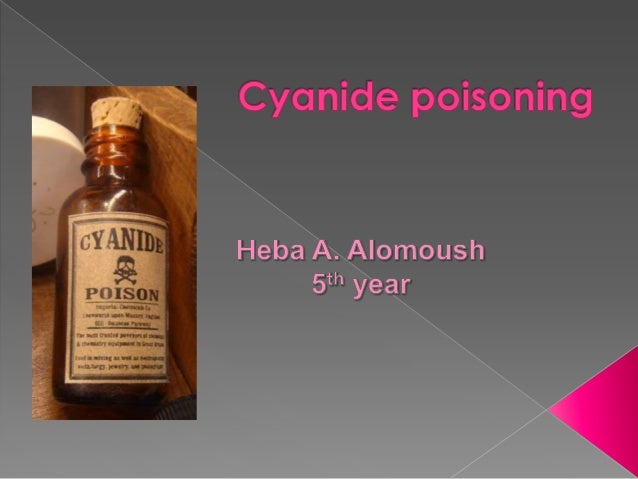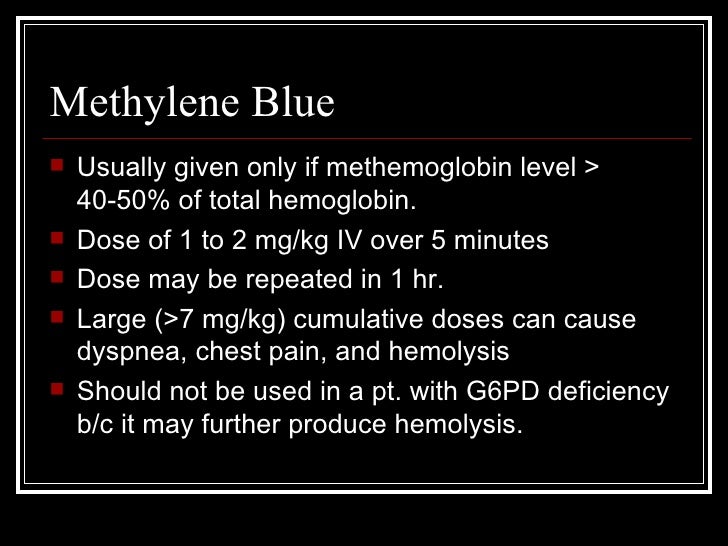

Health-focused Escherichia coli studies revealed the current water quality and used climate data to predict future water quality. Computer-based scenario modelling-using both automated and community-collected data on precipitation and temperature-produced 80-year climate change projections of water security. Interviews with kaumätua surfaced long-standing knowledge and experience of the climate and its variations in Te Hiku.

Evidence-based advice and practical suggestions tailored to specific locations were developed by drawing on climate change projections, local mätauranga Mäori and drinking water studies. Researcher, research utilising climate science, microbiology and social science to develop community-oriented approaches for dealing with the complex issues at the nexus of climate change. The project was designed as integrative Kaupapa Mäori * Te Rarawa, Ngäi Tupoto, Ngäti Here, Tahäwai.

In this region, potable water comes mainly from "roof and tank" systems. This article reports the findings of a two-year transdisciplinary research project that explored the implications of climate change for the security and safety of drinking water supplies in three communities in Te Hiku o te Ika in Aotearoa New Zealand.


 0 kommentar(er)
0 kommentar(er)
